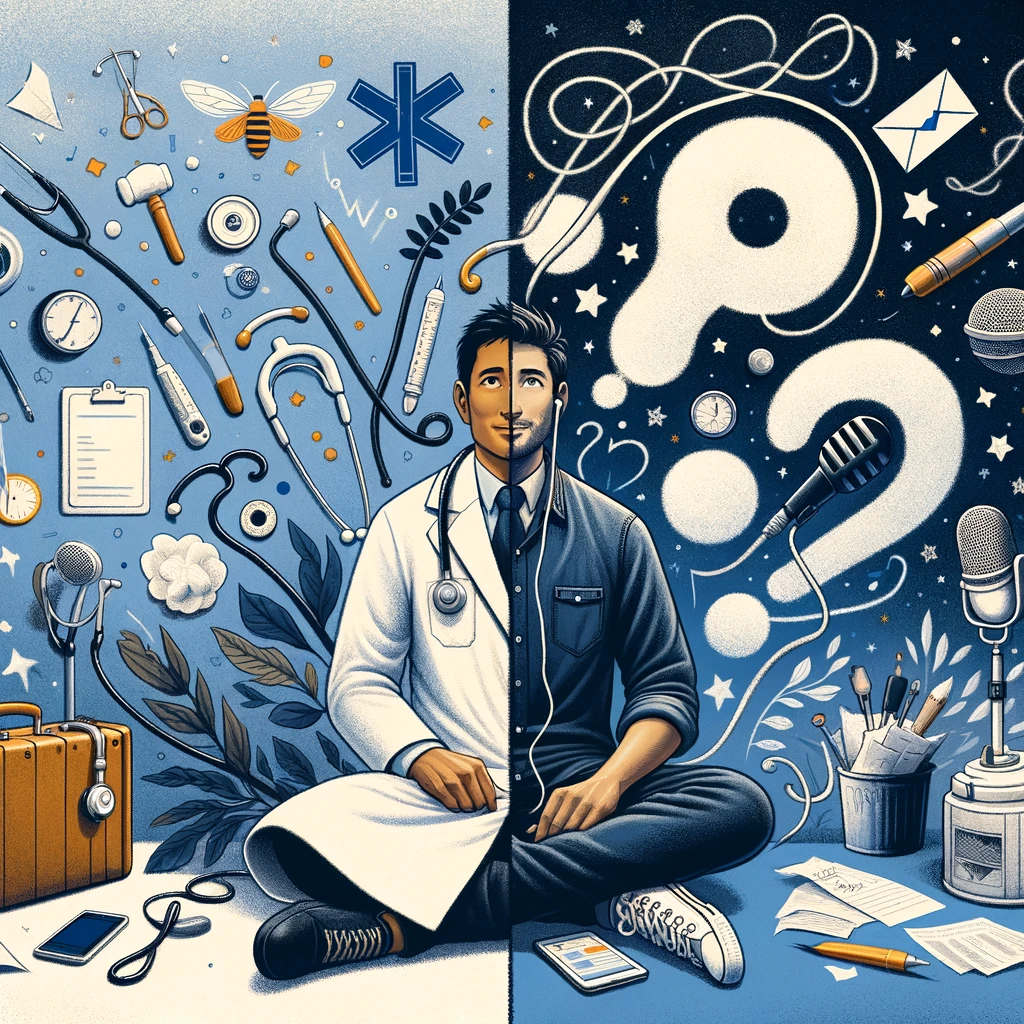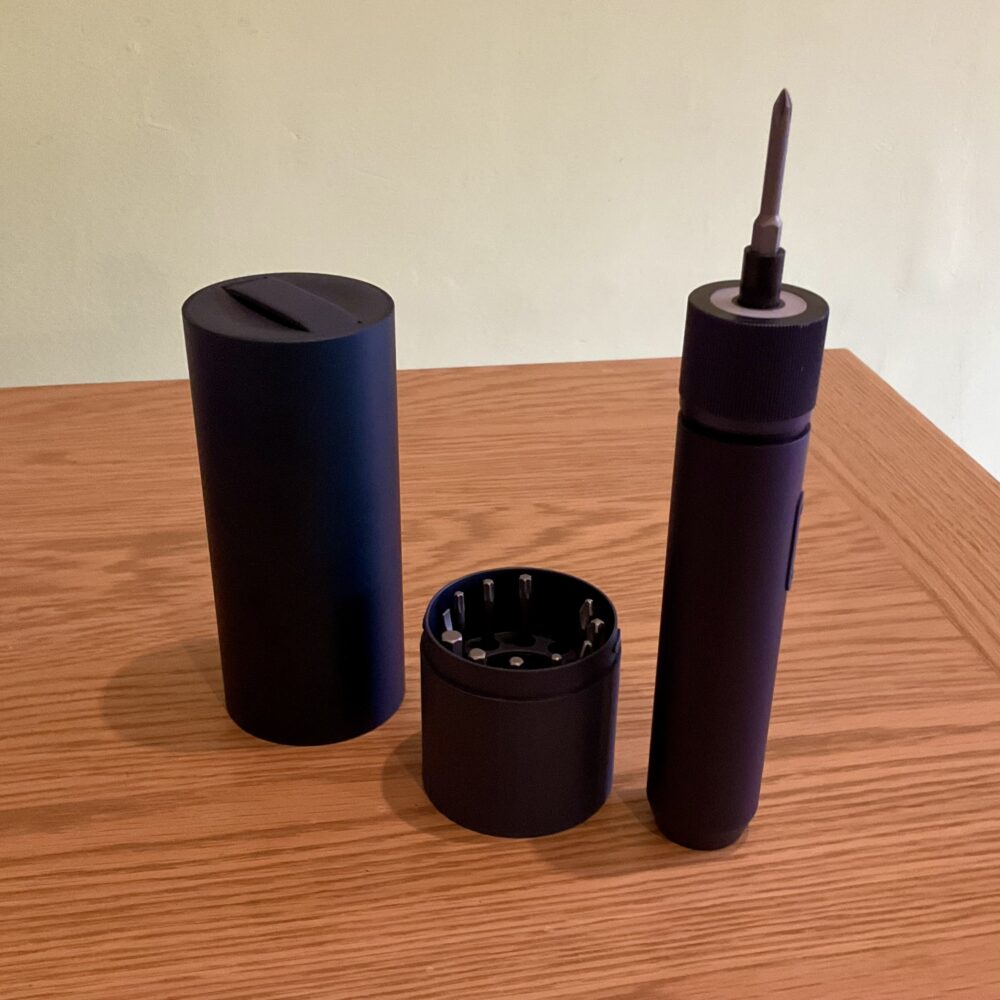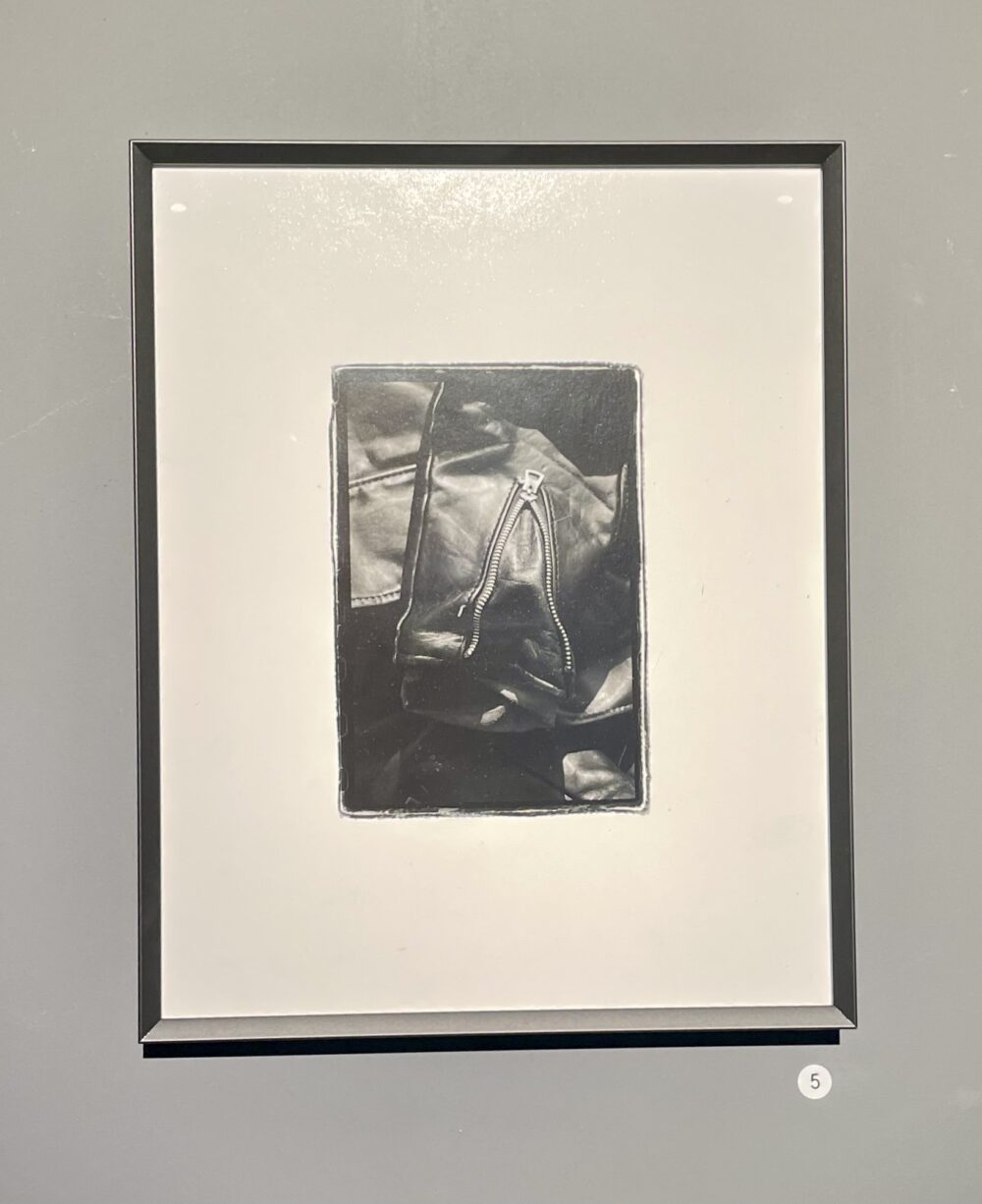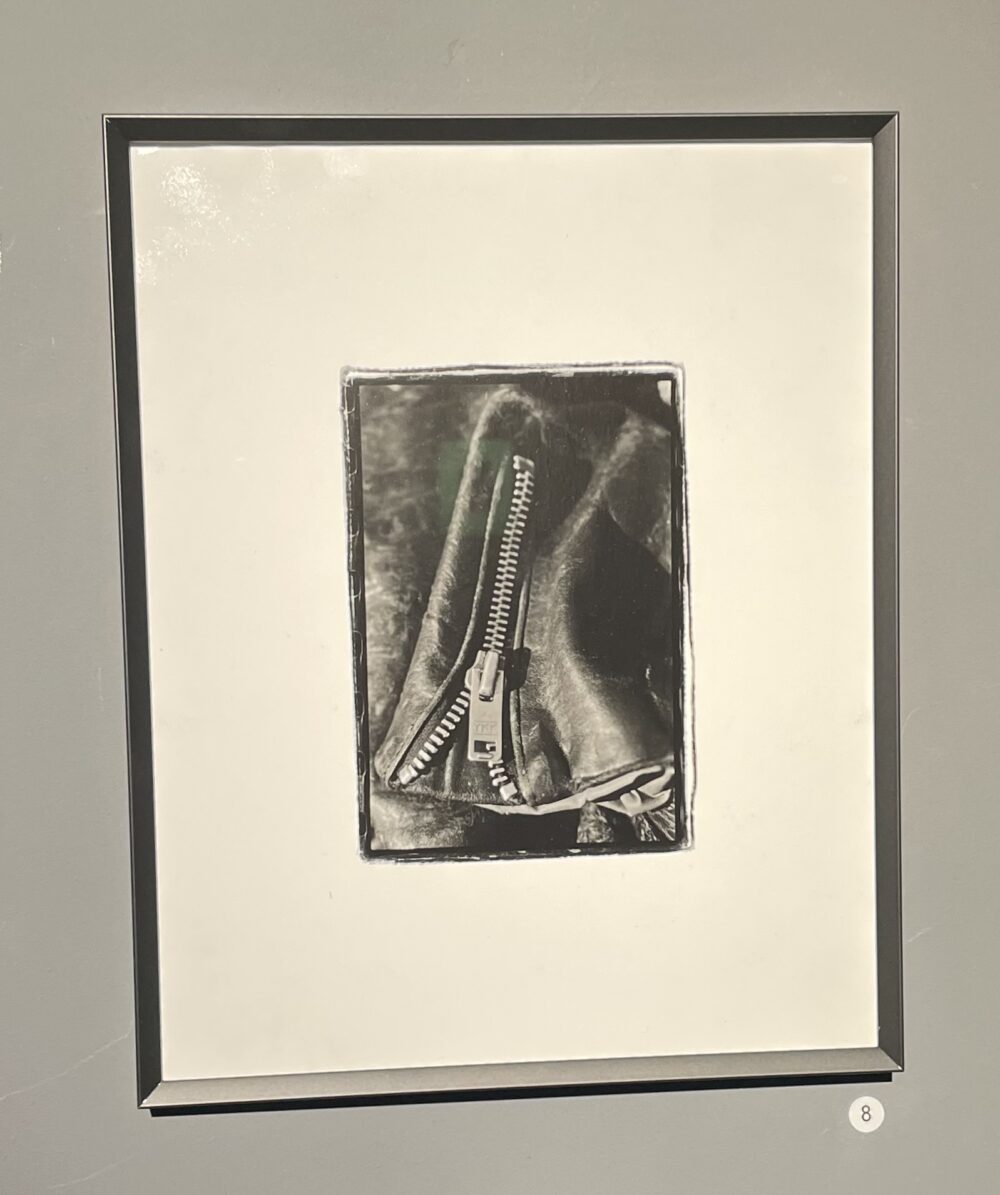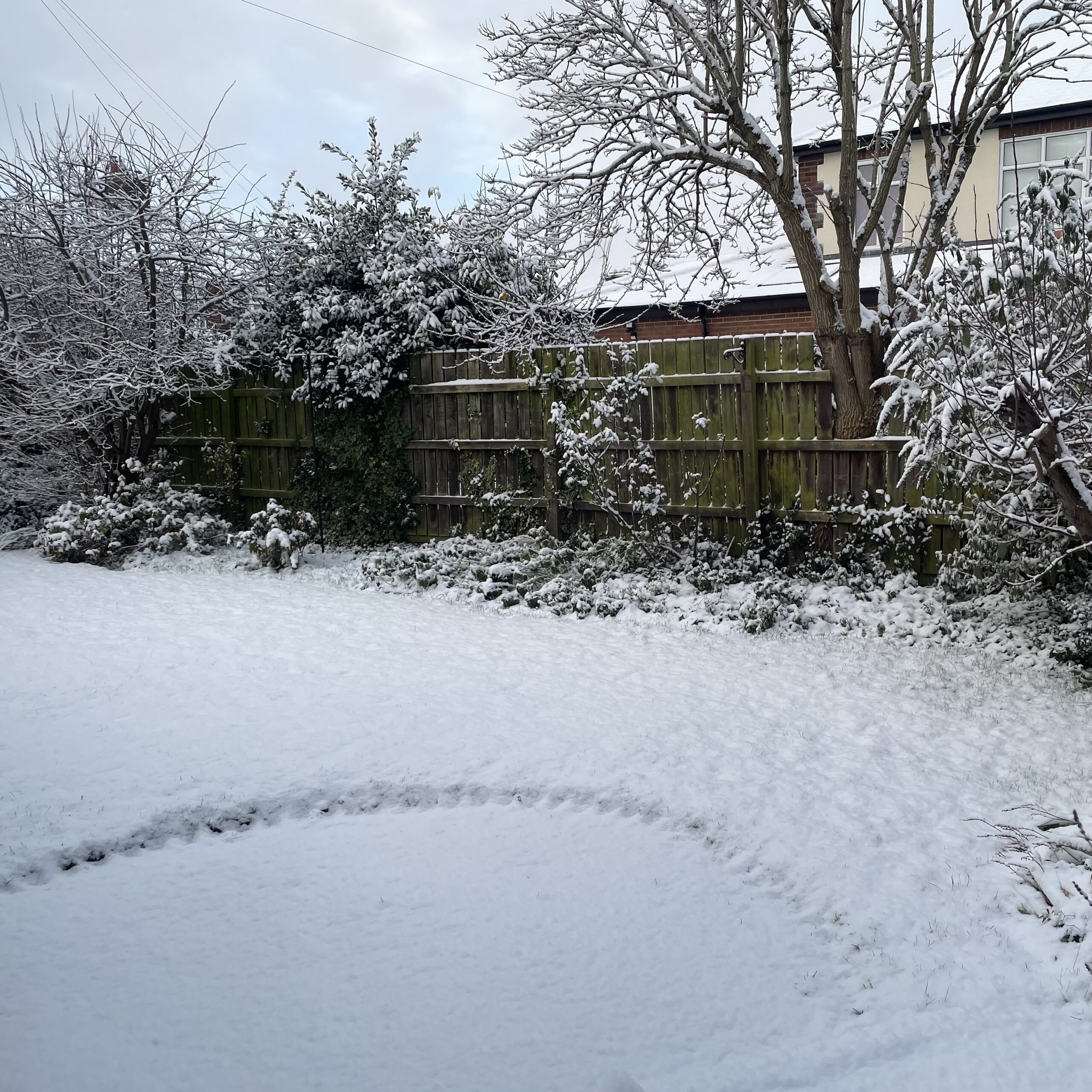A brilliant format for radio… on TV

In Monocle this month, Michael Booth profiles Det Sidste Ord (The Last Word), a Danish television programme where famous people give an interview that is. filmed in great secrecy, edited and broadcast only after their death. Slightly weirdly, the questions are asked in the past tense and the third person (‘Who was Simon Howard?’ or ‘What was the most important thing Simon learned during his lifetime?’)
The interview is typically shown within a few weeks of the participant’s death, and there is an intention to re-edit and re-broadcast them around twenty years after death.
It sounded fascinating, yet I couldn’t shake the feeling that it was a radio format. The description didn’t sound televisual to me.
I’ve been trying to work out why that was my reaction. I think it is because it sounds like the format involves deep and intimate conversation, and I don’t think I’ve ever seen that done well on television. Radio somehow conveys authenticity; TV struggles to break through a sheen of artificiality.
I read Rob Burley’s book about TV political interviews earlier this year and disagreed with his view that long-form television interviews are the most revealing. They often become performative and false in a way that rarely happens on radio. They are simply different beasts.
It’s an unfair comparison, but you can learn more about a person’s character from one appearance on Desert Island Discs than from ten guest slots on Graham Norton or Laura Kuenssberg’s TV shows.
With those preconceptions, I can see why my initial reaction was that Det Sidste Ord would make great radio rather than television. But perhaps the real lesson is that those who make British TV have much to learn from the Danes, or that I am watching the wrong programmes.
The image at the top of this post was generated by DALL·E 3.
This post was filed under: Media, Post-a-day 2023, Michael Booth, Monocle.
